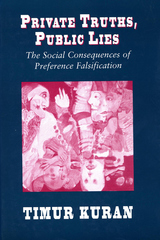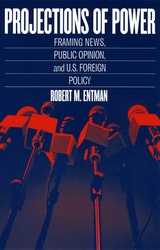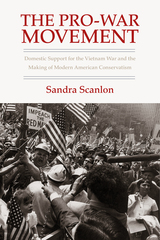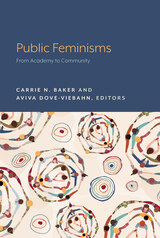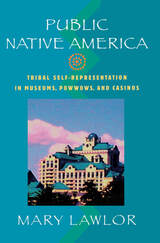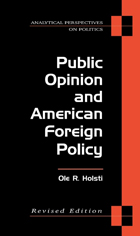Cloth: 978-0-674-89115-9
This study of the policy-making process in China during the Sino–French controversy of 1880–1885 adds a new dimension to our understanding of China’s response to the West in the nineteenth century. The implicit threat presented by French efforts to extend her control into northern Vietnam was the catalyst in Chinese policy decisions, and Lloyd Eastman traces the dramatic process by which the problem was eventually resolved. Analyzing the complicated balance of internal political forces in the Ch’ing dynasty in the late nineteenth century, he makes the first thorough study of the factors which shaped Chinese foreign policy in this period.
Three major power groups affected the decision-making process: the throne, high administrative officials, and lesser officials whose role was largely ideological. Eastman shows the considerable extent to which the throne’s power was limited by the interests of the officials (or mandarins); discusses the role of ch’ing-i, or literati opinion; and emphasizes the importance of the conservative, low-ranking officials who stood overwhelmingly in opposition to the few proponents of reform and modernization and strongly influenced the course of Chinese policy. Discussing the diplomatic objectives involved—preservation of hegemony in Vietnam, reluctance to fight a war that might expose its military weakness, desire to save face—as manifestations of underlying cultural assumptions and values, Eastman offers a fresh perspective on the formulation of policy during the Ch’ing government’s confrontation with the Western powers.
See other books on: Eastman, Lloyd E. | France | International Relations | Mandarins | Throne
See other titles from Harvard University Press


